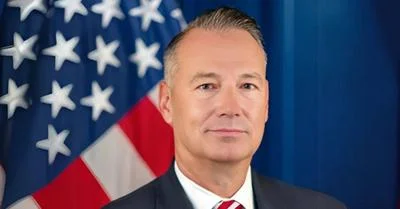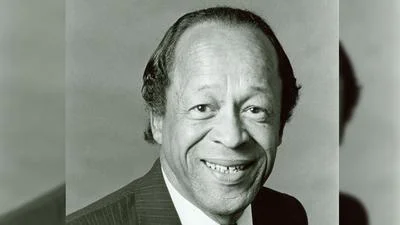Amy Korte, Executive Vice President | https://www.illinoispolicy.org/our-story/?team-filter=staff#team
Amy Korte, Executive Vice President | https://www.illinoispolicy.org/our-story/?team-filter=staff#team
Illinois lawmakers concluded the veto session with decisions on pensions, transit, and energy policy, drawing criticism from the Illinois Policy Institute.
Bryce Hill, director of fiscal and economic research at Illinois Policy, addressed changes to state pension plans. “These sweeping changes are not only unnecessary, but their financial impact hasn’t been effectively studied. Sweetening these pensions will add significant debt to the state and crowd out services for residents while raising taxes on future Illinoisans. Illinois lawmakers should not move to pass any bills that make unnecessary pension changes or worsen the state’s crisis,” Hill said.
On transportation, legislators approved a broad package to reform the Regional Transit Authority (RTA) and secure new funding. The plan includes $860 million in gas tax revenues from the transportation fund and allows for possible increases in sales tax rates across Chicago. Toll rates will also rise: cars will see a 45-cent increase, while other vehicles face a 30% hike. The toll increases were introduced in response to union concerns about funds being used for transit instead of road construction.
Micky Horstman, communications associate for Illinois Policy, commented on the transit measures: “While state leaders pivoted from disastrous funding scenarios that would have burdened downstate residents and non-riders with new taxes, this package does not do enough to reduce wasteful spending. Lawmakers missed a chance to provide meaningful consolidation, opting to largely reallocate resources and maintain the status quo. A better bill would’ve extensively cut waste and consolidated duplicative functions across the four transit agencies, re-aligned services to match current ridership and it would’ve been funded by increasing rider fares, returning prices to pre-pandemic levels and drawing from the $3 billion surplus in the transportation fund. Instead, state leaders catered to union pressure, made driving on toll roads less affordable and left the door open for Chicago shoppers to see the highest sales tax in the nation. This may not be the end of this fiasco. If Chicago doesn’t become a growing environment that attracts new businesses and residents, we will continue to see long-term ridership and funding problems,” Horstman said.
In energy policy developments, Senate Bill 25 was passed by the General Assembly. The legislation lifts a ban on building large-scale nuclear reactors but introduces additional regulatory requirements.
Joe Tabor, director of legal research at Illinois Policy Institute stated: “Illinoisans are struggling with increasing energy costs, and our grid demands increased power every day. Lifting the nuclear moratorium is a good and necessary step for providing Illinois the power an increasingly electrified grid requires. However, this should’ve been decoupled from a bill that provides significant changes to Illinois’ energy policies without sufficient opportunities for public review. This bill adds layers of bureaucracy, new funding requirements, fees and energy mandates that will end up costing Illinois taxpayers, while benefiting special interest groups throughout the state. While expanding Illinois’ capacity to generate nuclear energy is cause to celebrate, this bill contains many unknowns and significant financial burdens. Taxpayers, media and lawmakers should have had more time to evaluate the implications for economic growth,” Tabor said.






 Alerts Sign-up
Alerts Sign-up